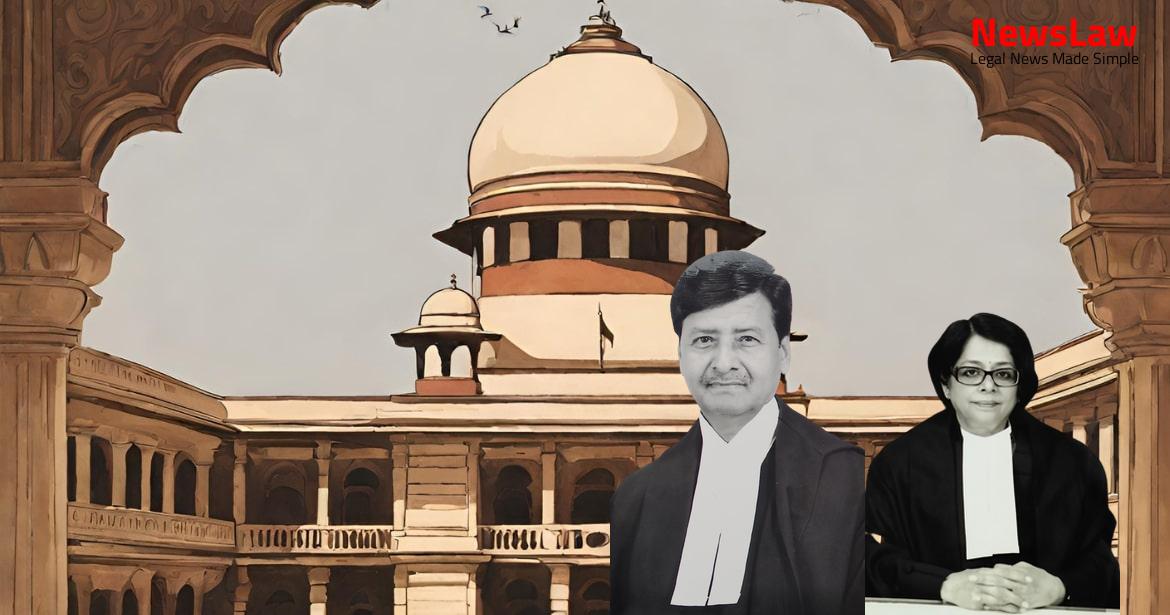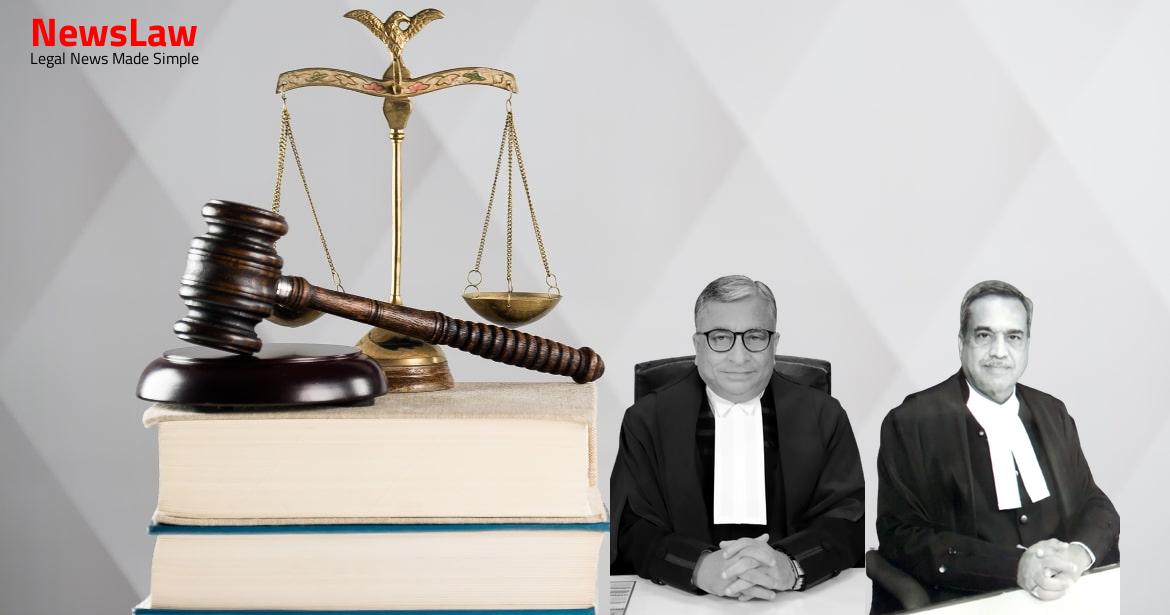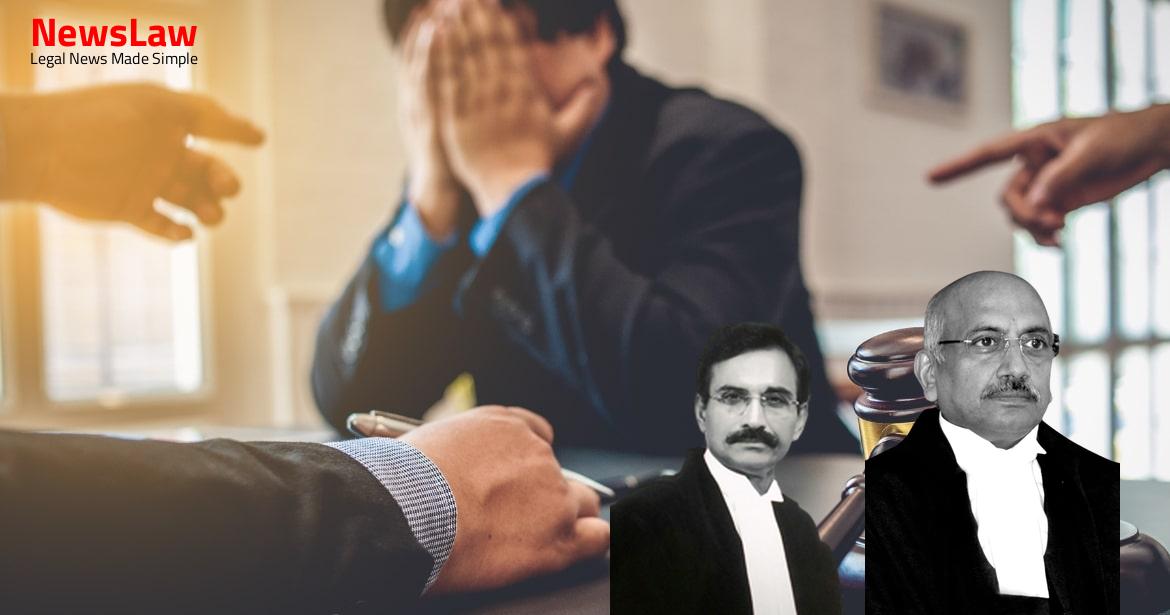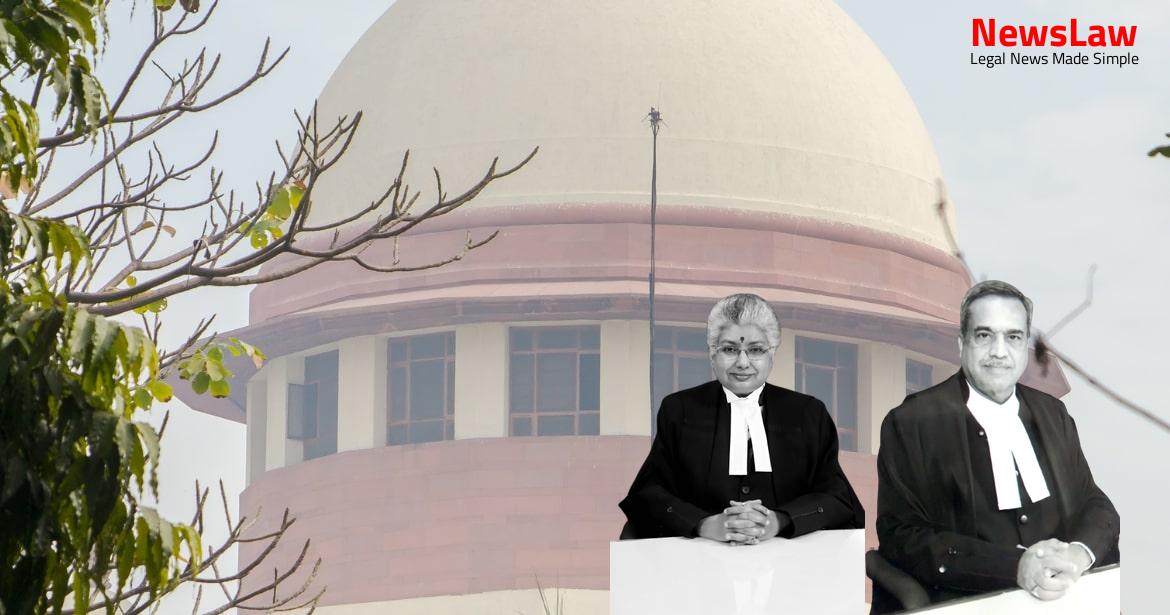Delve into a case where the High Court conducted a detailed legal analysis of a recruitment dispute concerning the appointment of additional candidates for promotion. The court’s examination of constitutional provisions and government resolutions sheds light on the complexity of ensuring fairness in recruitment processes. Stay tuned to uncover the legal intricacies of this intriguing case.
Facts
- The Home Department, Government of Maharashtra notified 828 vacancies for promotion to the post of Police Sub-Inspector through the LDCE – 2016.
- 642 vacancies were from the open category, and 186 were from various reserved categories.
- The selection process was governed by the Police Sub-Inspector (Recruitment) Rules, 1995.
- MPSC has the power to appoint candidates to various posts in the State as per Article 320 of the Constitution.
- 636 additional candidates were directed for training to the Maharashtra Police Academy as part of their appointment process.
- A group of In-service candidates filed O.A. No 722 / 2019, challenging the policy decision that would affect their promotional prospects.
- MPSC recommended 828 candidates based on marks secured in the LDCE – 2016 examination.
- A Government Resolution dated 22.04.2019 accommodated 636 additional candidates without consulting MPSC, leading to a challenge by various candidates.
- Rule 4 of the Police Sub-Inspector (Recruitment) Rules, 1995 provides a quota of 25% for promotion through the Local Departmental Examination.
- Petitioners challenged the accommodation of 636 additional candidates as contrary to Recruitment Rules and distorting the recruitment ratio for the Limited Departmental Examination.
- The High Court allowed the selection process to proceed but subject to the results of the Writ Petition.
- Original Applicants filed W.P. No 15045 of 2019 at the Aurangabad Bench of the Bombay High Court to maintain Status Quo for 636 additional candidates from the Government Resolution.
- Appointment of the additional candidates could distort the prescribed 25% quota and affect the promotion opportunities of other candidates.
- Denial of promotional avenues to the Petitioners would violate Articles 14 and 16 of the Indian Constitution.
- Respondents filed a request to vacate the status quo order dated 18.10.2019 to proceed with the G.R. implementation.
- Maharashtra Administrative Tribunal vacated the interim order based on the Petitioners’ participation in LDCE exam.
- Bombay High Court rejected the writ petition and the prayer to maintain status quo for the additional candidates.
- The High Court did not determine whether the G.R. was issued in extraordinary circumstances as per Rule 5 due to pending O.A. adjudication.
- The High Court directed the State to send the additional candidates for training and requested the Tribunal to decide the pending O.A. within the training period.
- The Petitioners failed to include the 636 additional candidates as necessary parties in the O.A. based on a previous Bombay High Court decision.
- The Order was based on a previous Tribunal decision from 01.08.2019 in O.A. No 445 of 2019.
Also Read: Upholding Judicial Integrity: Importance of Reasoned Judgments
Analysis
- The Government must establish before the Tribunal if there were any exceptional circumstances justifying the exercise of power under Rule 5 of the Police Sub-Inspector (Recruitment) Rules, 1995.
- Rule 5 allows the Government to relax appointment ratios in rare situations after consulting the Commission.
- Consultation with the Commission is mandatory for matters related to recruitment, as per Article 320(3)(a) of the Constitution of India.
- The State of Maharashtra issued a G.R. without the required consultation with the MPSC, leading to disapproval by the MPSC.
- The Tribunal vacated the Interim Order partly because the Applicants didn’t challenge the issued G.R.
- Recruiting more candidates than the notified vacancies is against the constitutional provisions of Articles 14 and 16(1).
- Vacating the interim Order could harm the promotional prospects of the Petitioners due to the excessive number of additional candidates being appointed.
- The O.A. prayers indicate that the Tribunal’s observation about the G.R. challenge not being made should not be a reason to vacate the interim Order.
- The Tribunal also considered disqualifications of some Applicants as grounds to vacate the Order of status quo.
- The High Court issued a direction to the State to send an additional list of 636 candidates for training during the proceedings before the Tribunal.
- The direction should not have been passed in the Writ Petition filed by the present Petitioners who are aggrieved by the Government Resolution in question.
- The Tribunal vacated the Interim Order on the grounds that other parties had withdrawn their cases for pursuing representations with the State Government.
Also Read: Analysis of Consent Orders and Appellants’ Rights
Decision
- Additional 636 candidates to be notified of the pending O.A. through the State
- Tribunal to club all pending O.A.s challenging the Government Resolution and pass a common Judgment
- No order as to costs
- Civil Appeal allowed, Government Resolution to remain stayed during Tribunal proceedings
- Order vacating interim Order and High Court Order set aside
- Tribunal directed to decide pending O.A. within six months
Also Read: Legal Analysis: Appointment of Sole Arbitrator Under 1996 Act
Case Title: GAJANAN BABULAL BANSODE Vs. THE STATE OF MAHARASHTRA (2021 INSC 63)
Case Number: C.A. No.-000104-000104 / 2021



